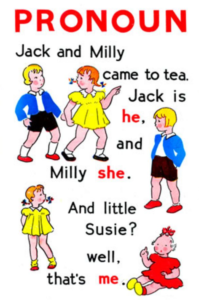I’m sure you’ve all heard the story. A man is doing a project in the woods when he comes across an old fence. It’s in his way. Should he tear it down or not?
Chesterton said (as I understand the story) this question divides liberals and conservatives. The conservative says, “don’t tear down the fence until you know why it’s there,” while the liberal says, “this fence was built by dead white males, get rid of it.”
I don’t agree with that characterization. (Or caricature.) I think understanding why the fence is there before you tear it down is something that both conservatives and liberals can agree to. It’s just common sense. Only a reckless ass would tear down a fence without knowing why it was there.
But I do believe the story exposes a difference in temperament.
The conservative is going to feel nervous about tearing down the fence. The fence represents the wisdom of the past. Even if he thinks he knows the reasons for the fence, he’ll have a nagging suspicion that he might not know all the reasons for the fence.
The liberal sees the fence as hemming him in. It restricts him. It embodies somebody else telling him what to do. It’s a restraint he wants to cast off so he can feel free to pursue his own life.
Both of them acknowledge the basic wisdom of understanding why the fence is there before tearing it down. But they have very different intuitions and feelings about tearing down the fence.
 I signed up for Blinkist, which is a service that reduces books down to about 15-20 minutes of audio. It’s a nice service, and I like it so far.
I signed up for Blinkist, which is a service that reduces books down to about 15-20 minutes of audio. It’s a nice service, and I like it so far.